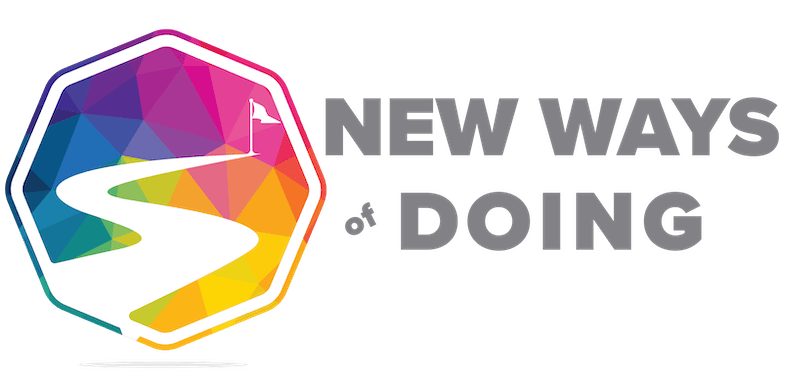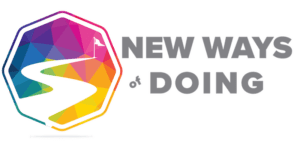For organizations, teams, managers, and leaders who seek to create a productive, empowered, high performing and adaptable culture, the Agile Coach is a catalyst, change agent, and servant leader who provides professional coaching, facilitation, teaching, and mentoring to help organizations realize their agenda and achieve excellent results.
Unlike traditional project management consulting, the Agile Coach lives by, and works through Agile values, principles, and practices. They aim to reduce client dependency. Finally, Agile Coaches drive results by focusing on developing the capabilities of the people and teams over-optimizing for immediate, short-term results.
There is much to be said of the Agile Coach role, but this should serve as a foundational starting point.
The Agile Coach as a Teacher
What is Agile? What are the benefits? How is Agile different than traditional waterfall projects? How do we employ Scrum?
These are common questions that are asked by professionals and organizations considering Agile adoption. Particularly for teams and organizations who are new to Agile, these questions (and more) will need to be answered in order to establish a strong foundation and shared understanding for effective execution.
However, being able to successfully reach and engage an audience is not a given. Helping organizations and teams to effectively retain, understand, and employ Agile is a skill that requires development and experience in its own right.
The competency of teaching considers a wide range of practices, techniques, and approaches to maximize learning, retention, and adoption.
The Agile Coach as a Facilitator
In a previous role as a senior technical lead for a traditional project in the Financial industry, I was often the person who held intimate knowledge about the project and how it all fits together. Decisions were made by me on behalf of the project. Subsequently, when the project was behind, I stepped in. And when people needed answers, I was the person who provided them.
As the organization scaled, it became increasingly difficult to lead projects without burning the midnight oil. Consequently, quality suffered. By being responsible for idea creation and for making all of the decisions, I wasn’t doing my people any favors. Ultimately, I was resolved to find a better way to lead.
In transitioning to the role of an Agile coach, there is a greater emphasis on the facilitation of outcomes over providing the answer directly or getting into the specific content of the project.
The Agile Coach as a Mentor
Mentoring is a relationship between the coach and an individual with the aim of personal and/or professional development. It assumes that the mentor has more knowledge and expertise in a particular area than the mentee. It involves listening and giving advice.
In terms of agenda, it is generally more informal or unstructured than a professional coaching relationship. It is often born out of a request or invitation for receiving mentoring.
Mentoring agile role transitions
A professional who had recently transitioned from a development team member into a Scrum Master role approached me asking if she could “pick my brain”. Moreover, she had seen me supporting and growing my team over the years. And she wanted to know some ways she could best support her team. This conversation became the start of our mentoring relationship.
Over ongoing conversations, I listened, and I freely shared advice and guidance based on my own experiences. At the same time, I gave her the discretion to decide the course of her own choosing. That Scrum Master went on to create a vibrant and supportive culture for her team to thrive.
During project execution, it is not uncommon for individuals to need personalized help in their new roles in an Agile environment. As it relates, some additional roles may include Product owner, developer, testing team member, project manager, functional manager, stakeholder.
There is no single defining characteristic for what makes for a great mentor. However, some qualities may include support, generosity, intelligence, kindness, presence, encouragement, and grit.
In thinking back in your own life and career, who were some of your mentors? What qualities come to mind?
The Agile Coach as a Professional Coach
In the professional coaching capacity, the Agile Coach helps teams and professionals achieve excellence in their organization. They do this by working with their clients to establish clear goals for themselves based on an agenda of their choosing. Subsequently, they work with the client to help them see, and courageously explore, what is truly possible in their organization. Finally, the coach challenges the client and holds them accountable to their own expectations and commitments.
The professional coach puts the client’s needs first
One dimension of professional coaching is to operate from the best interest of the client in mind. For Agile Coaches, this is done while upholding the Agile values and principles.
Professional coaching assumes that the client has the answers within themselves
The role of the coach is to help the client explore their options and what is most important to them. This is accomplished with the aim of solving a challenge or problem that the client is facing in the organization.
Through the coaching relationship, often where the client starts and where they end up will not be the same. Ultimately, through various skills and techniques, the coach will partner with the client to help them get there.
Are you interested in exploring Agile Coaching? Check out our upcoming Certified Agile Coaching Professional training or If you are interested in our Agile Coaching services for yourself, your team, and organization, please contact us.



Add Comment